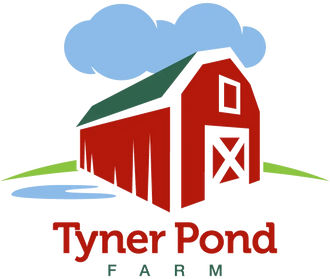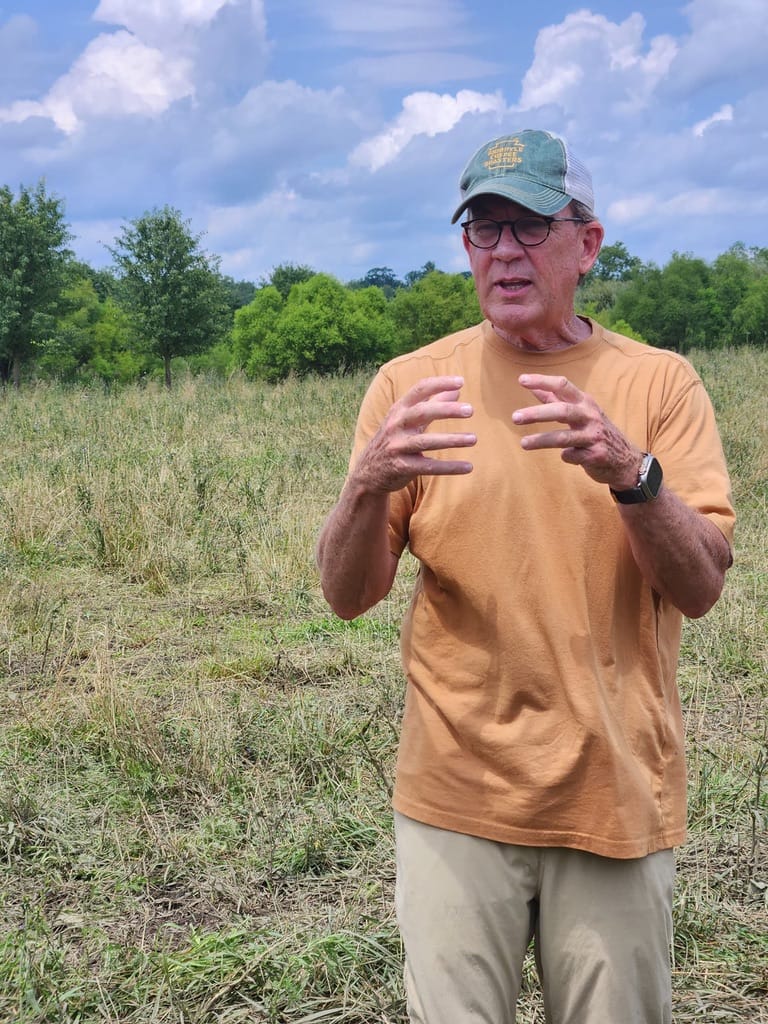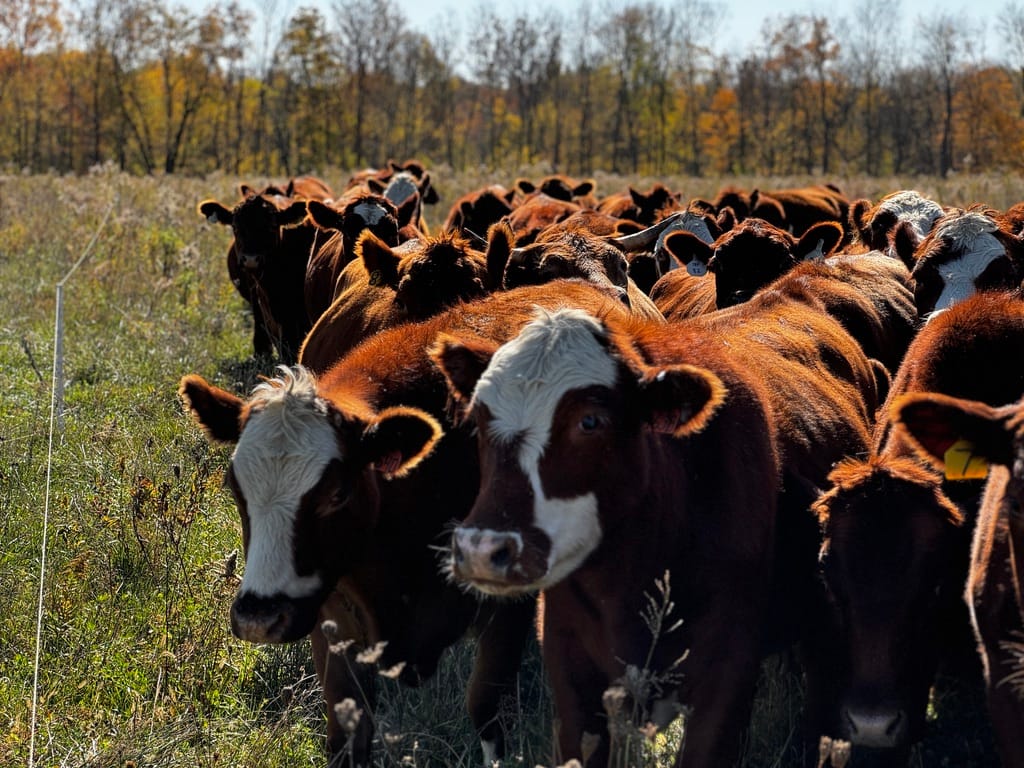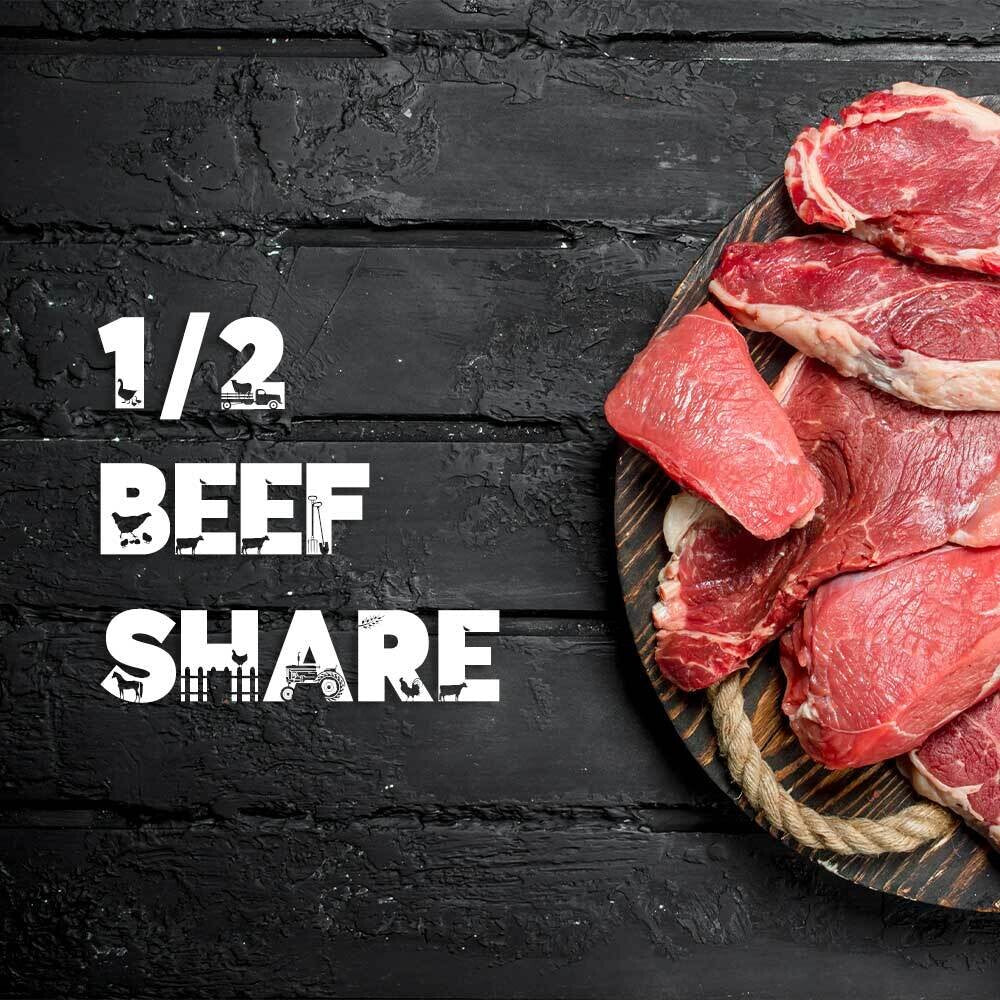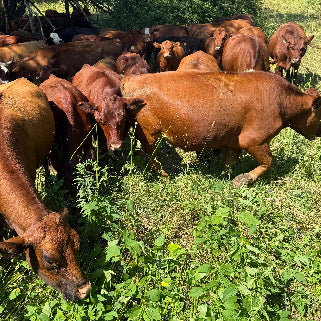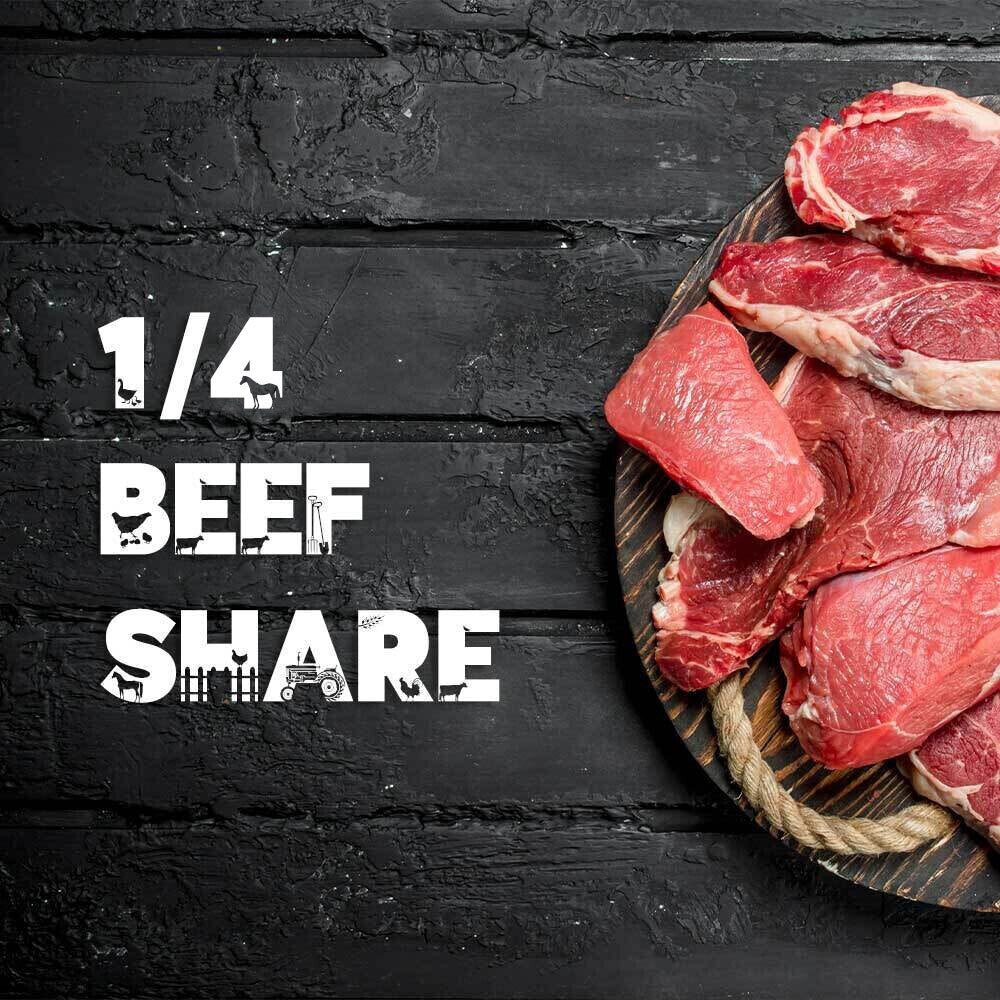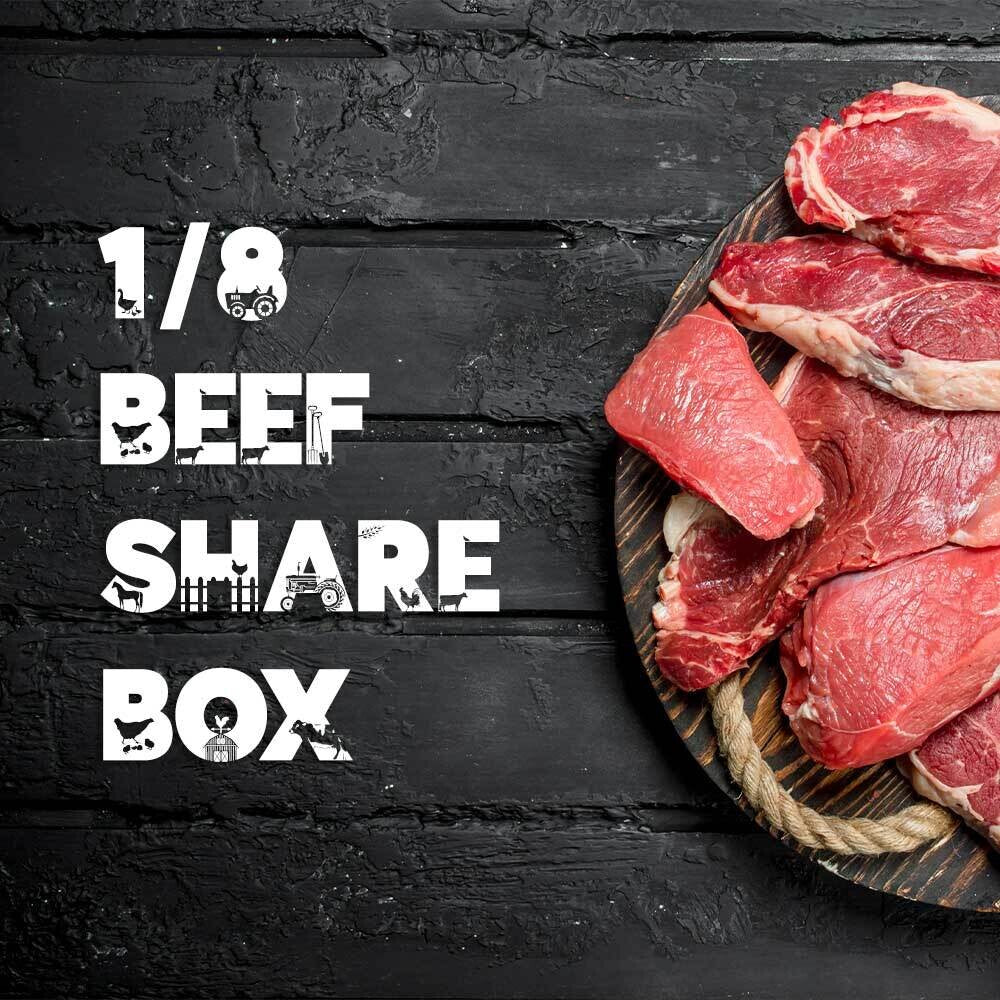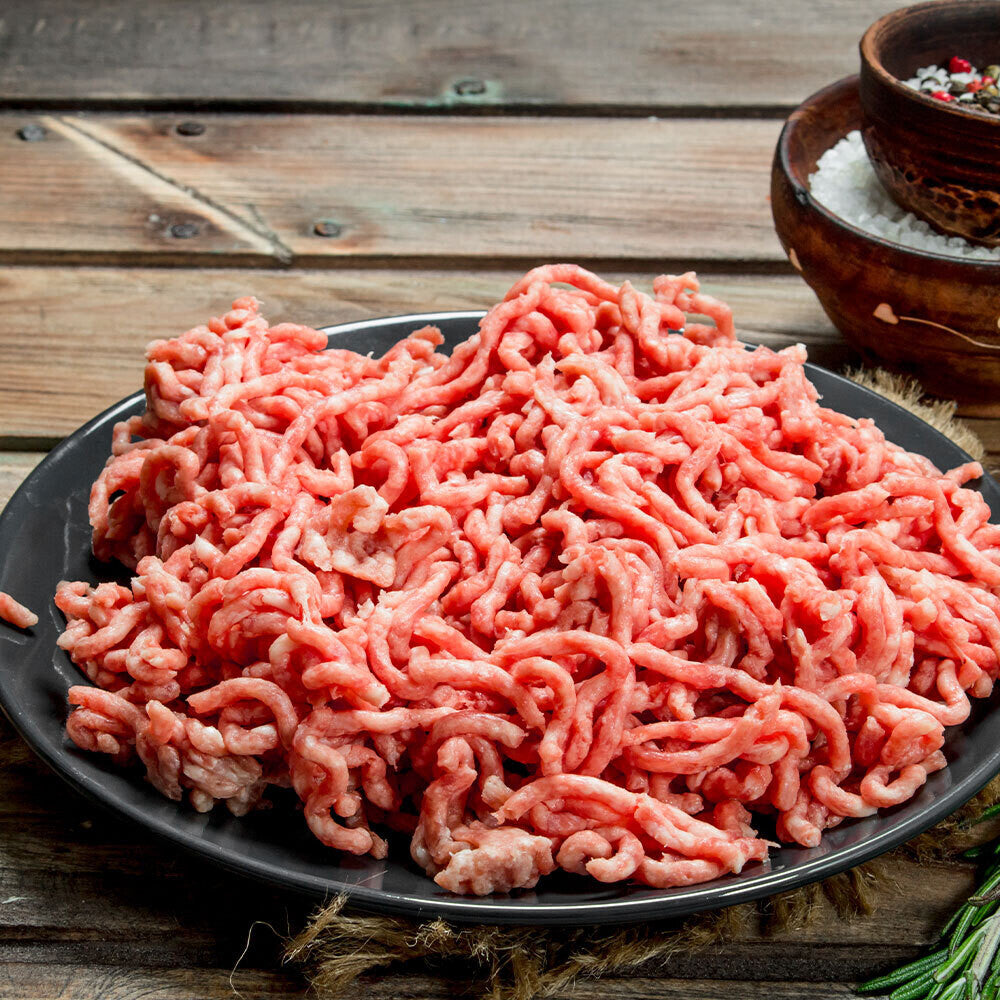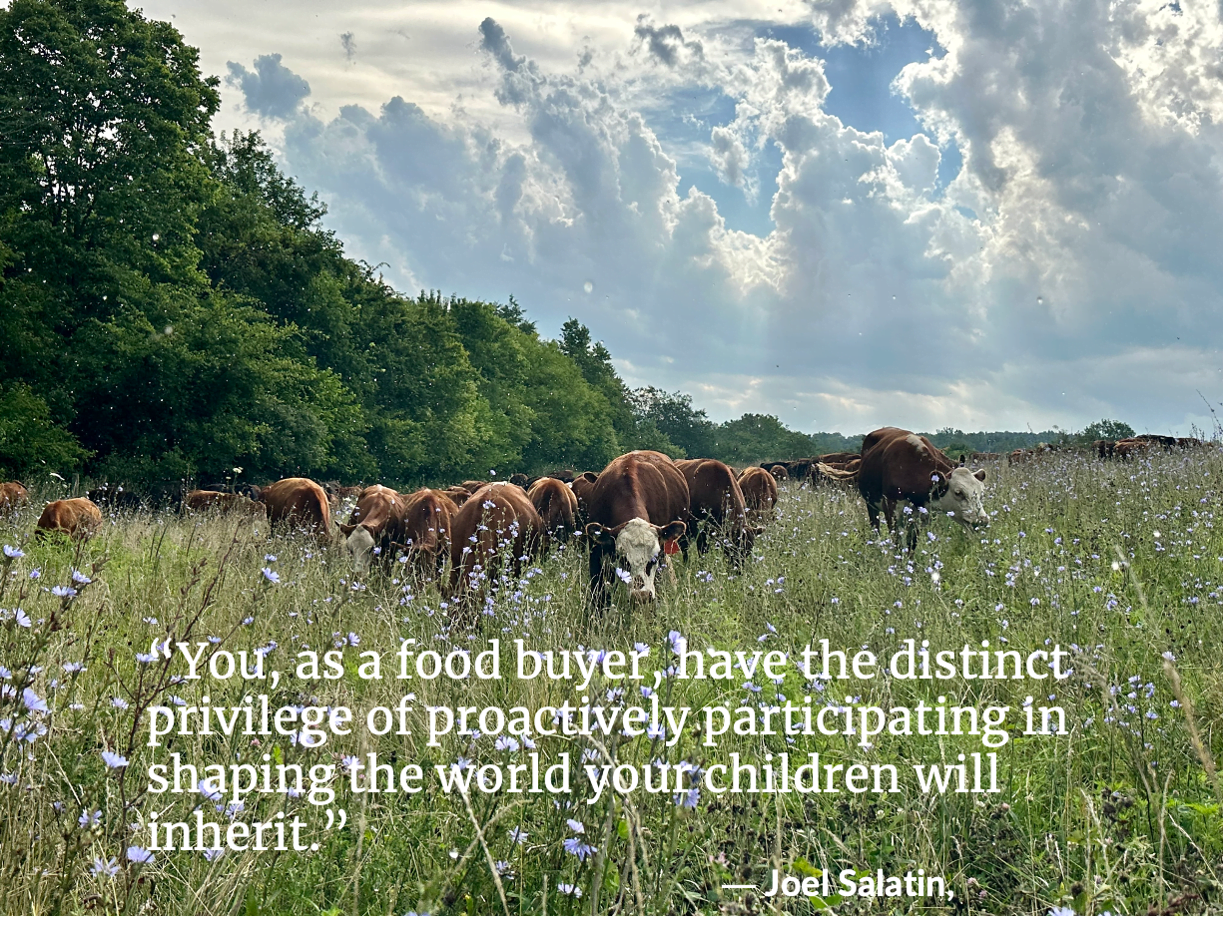
Finding Common Ground: The Diverse Motivation of Local GrassFed Beef Consumers
People are often surprised when we discuss who our customers are. It's easy to dismiss what we're doing as "only for rich people" or "foodies". Yes we have customers who happily fit that description and we appreciate their support. But the reality is that most of our customers do not fit that description at all. These are people who look like you and have many reasons for buying from Tyner Pond Farm.
In a food world basically curated for us by grocery stores, two factors stand out as the primary reasons people choose supermarkets: price and convenience. After all, it's easy to be drawn by the allure of cheap prices and the convenience of one-stop shopping. However, there is a remarkable shift occurring among individuals from diverse backgrounds who might initially appear to have very little in common. They are increasingly choosing to support local regeneratively raised grassfed beef for reasons that go far beyond the realm of mere price and convenience.
The decision to embrace local grassfed beef represents a convergence of values, be it a commitment to making a positive impact on the world, a dedication to building a healthier, more sustainable food system. or is it animal welfare and soil health or community empowerment and food security, these diverse reasons unite individuals who might otherwise have little in common.
Groceries have it easy, they only have to promote low prices and availability. Farms like Tyner Pond have a much harder job marketing to people who choose regenerative, local Grassfed Beef. I thought I'd compile a list just so you can see what camp you're in and maybe find common ground with others..
There may be some redundancy, but I wanted to get to 30 😄
 Free Tyner Pond farm Delivery
When you support local regeneratively raised grassfed beef, you contribute to a healthier and more sustainable food system that positively impacts the environment, your community, and your own food security.
Free Tyner Pond farm Delivery
When you support local regeneratively raised grassfed beef, you contribute to a healthier and more sustainable food system that positively impacts the environment, your community, and your own food security.
Here's a list of 30 reasons to support local regeneratively raised Grass-fed beef (In no particular order):
- Improved Animal Welfare: Regenerative farms prioritize the humane treatment and well-being of animals.
- Soil Health: Regenerative practices enrich the soil, promoting biodiversity and sustainable agriculture.
- Reduced Carbon Footprint: Buying locally reduces food miles, lowering carbon emissions associated with transport.
- Support for Local Economy: Purchasing from local farms helps create jobs and boosts the community's economic growth.
- Fresher and More Nutritious: Local grass-fed beef is fresher and retains more nutrients compared to long-distance alternatives.
- Transparency and Accountability: Local sourcing fosters transparency in the production process and builds accountability.
- Community Resilience: Supporting local farms contributes to a resilient food system during disruptions to global supply chains.
- Preservation of Open Space: Purchasing locally indirectly helps preserve open spaces and farmland.
- Lower Risk of Contamination: Shorter supply chains reduce the risk of contamination during transportation and handling.
- Promotes Food Security: Investing in local regenerative farms strengthens food security in the region.
- Strengthening Local Culture: Supporting local farms embraces and celebrates unique food cultures and traditions.
- Personal Connection: Purchasing locally allows consumers to know farmers and their practices, fostering a personal connection.
- Chemical-Free: Regenerative farms avoid the use of harmful chemicals and pesticides.
- Sustainable Grazing: Grass-fed beef supports sustainable grazing practices, benefiting the environment.
- High-Quality Meat: Grass-fed beef is known for its superior taste and tenderness.
- No Hormones or Antibiotics: Regenerative farms avoid using hormones or antibiotics.
- Ethical Treatment: Supporting local farms ensures ethical treatment of livestock.
- Improved Water Quality: Regenerative practices help protect water sources and maintain water quality.
- Enhanced Ecosystems: Grass-fed beef farms promote diverse and balanced ecosystems.
- Lower Impact on Wildlife: Regenerative farms have a minimal impact on wildlife habitats.
- Reduced Waste: Local sourcing reduces food waste associated with long-distance transportation.
- Cleaner Air: Sustainable practices in local farms contribute to cleaner air quality.
- Enhancing Biodiversity: Regenerative farms foster diverse plant and animal life.
- Job Creation: Local farms generate employment opportunities within the community.
- Enhanced Food Taste: Grass-fed beef offers a more natural and flavorful taste.
- Resilient Agriculture: Regenerative practices are adaptable to changing environmental conditions.
- Encourages Sustainable Practices: By choosing local regenerative farms, consumers support sustainable agricultural practices that benefit both the environment and their community.
- Reduced Reliance on Foreign Imports: Supporting local farms decreases reliance on foreign imports, ensuring greater food self-sufficiency.
- Strengthening Food Security: Investing in local, regeneratively raised beef enhances food security by promoting local food production and accessibility.
- Contributing to Global Food Sovereignty: Supporting regenerative agriculture fosters global food sovereignty, empowering communities to control their food systems.
 Free Tyner Pond farm Delivery
When you support local regeneratively raised grassfed beef, you contribute to a healthier and more sustainable food system that positively impacts the environment, your community, and your own food security.
Free Tyner Pond farm Delivery
When you support local regeneratively raised grassfed beef, you contribute to a healthier and more sustainable food system that positively impacts the environment, your community, and your own food security.
Tags:
Previous post
Regenerative Cattle Farming: Embracing Practices that Mitigate Methane and Carbon Emissions
Next post
